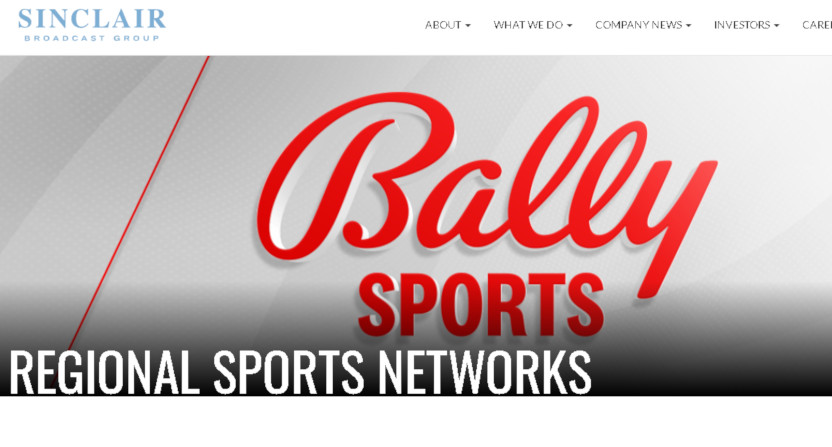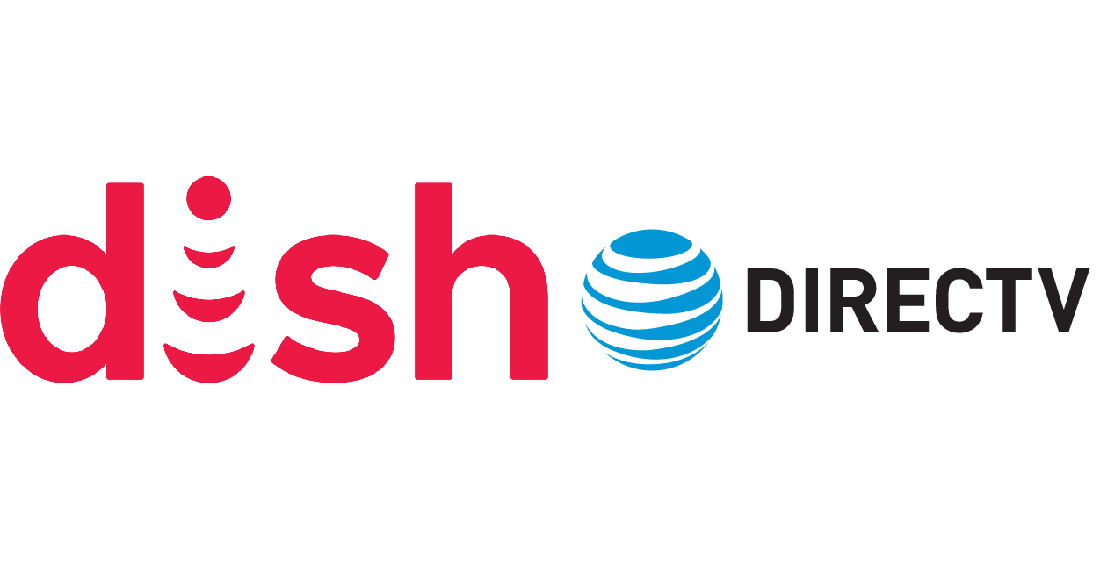Iceland12
Well-known member
- Joined
- Nov 12, 2008
- Messages
- 24,758
- Reaction score
- 2,421
- Points
- 113
This is why Sinclair/Bally's is pulling out of most online deals. It would include the Minnesota Wild and Minnesota Timberwolves.
Sinclair’s plans for a direct to consumer streaming app continue to trudge along. On Friday, Bloomberg reported that the company was nearing a deal with the NBA for streaming rights for the 16 teams whose games air on Sinclair’s RSNs. Additionally, Sinclair had secured $600 million in funding (via “a new super-priority first-lien loan from an existing group of secured creditors”) to launch the app. Over the summer, it was reported they were working to raise $250 million in funding.
Last month, Sinclair struck a deal for the digital rights to the 12 NHL teams whose games air on Sinclair’s RSNs. In November, it was widely reported that Sinclair only had the digital rights to four MLB teams (presumably, the Tigers, Royals, Marlins, and Brewers) of the 14 whose games air on Sinclair RSNs, with MLB having no desire to give Sinclair a break on the remaining rights.

Here's the Bloomberg Story. Link is in the above story.
The new loan for Diamond Sports Group’s venture could be announced along with local NBA streaming rights as soon as next week, according to people with knowledge of the matter. Diamond expects to roll out the offering in the first half of 2022, which will expand on its existing streaming service for regional TV subscribers, according to one of the people. They asked not to be identified discussing confidential negotiations.
The NBA deal will give Diamond regional digital rights to the basketball league in addition to the broadcast rights that the largest U.S. regional sports network operator already owns, according to one person. The streaming app will be financed with a new super-priority first-lien loan from an existing group of secured creditors..
The launch could help Diamond break a slump in viewership and generate earnings to help manage the massive debts that stem from its 2019 sale to Sinclair. The sports network and Sinclair have been in talks with creditors for months over ways to manage its $8.1 billion burden and support the development of the consumer app, which is key to its future as the traditional TV audience erodes.
The debt has no immediate maturities looming, but it has traded at distressed levels while Diamond negotiated to secure streaming rights to various sports amid speculation that Major League Baseball would launch its own competing service. Creditors had previously sought a stake in the new consumer platform if it was created outside of the TV sports subsidiary that backs their investment..
One remaining sticking point for the secured creditors had been two management services agreements that require Diamond to hand its parent tens of millions of dollars in annual cash payments. That was resolved through a reduction in the fee, the people said..
Per Bloomberg, Sinclair is aiming to launch its direct to consumer service sometime in the first half of 2022. However, if it takes longer to get off the ground, I don’t think it would be that huge of a deal: the NBA and NHL regular seasons are scheduled to end in April, while the MLB season is scheduled to begin the same month. But with the rights to only four MLB teams acquired, it wouldn’t be the biggest blow if the service wasn’t ready for the scheduled Opening Day..
Sinclair’s plans for a direct to consumer streaming app continue to trudge along. On Friday, Bloomberg reported that the company was nearing a deal with the NBA for streaming rights for the 16 teams whose games air on Sinclair’s RSNs. Additionally, Sinclair had secured $600 million in funding (via “a new super-priority first-lien loan from an existing group of secured creditors”) to launch the app. Over the summer, it was reported they were working to raise $250 million in funding.
Last month, Sinclair struck a deal for the digital rights to the 12 NHL teams whose games air on Sinclair’s RSNs. In November, it was widely reported that Sinclair only had the digital rights to four MLB teams (presumably, the Tigers, Royals, Marlins, and Brewers) of the 14 whose games air on Sinclair RSNs, with MLB having no desire to give Sinclair a break on the remaining rights.

Sinclair reportedly nearing a deal for NBA streaming rights for direct to consumer offering
Sinclair’s plans for a direct to consumer streaming app continue to trudge along. On Friday, Bloomberg reported that the company was nearing a deal with the NBA for streaming rights for the 16 teams whose games air on Sinclair’s RSNs. Additionally, Sinclair had secured $600 million in funding...
awfulannouncing.com
Here's the Bloomberg Story. Link is in the above story.
The new loan for Diamond Sports Group’s venture could be announced along with local NBA streaming rights as soon as next week, according to people with knowledge of the matter. Diamond expects to roll out the offering in the first half of 2022, which will expand on its existing streaming service for regional TV subscribers, according to one of the people. They asked not to be identified discussing confidential negotiations.
The NBA deal will give Diamond regional digital rights to the basketball league in addition to the broadcast rights that the largest U.S. regional sports network operator already owns, according to one person. The streaming app will be financed with a new super-priority first-lien loan from an existing group of secured creditors..
The launch could help Diamond break a slump in viewership and generate earnings to help manage the massive debts that stem from its 2019 sale to Sinclair. The sports network and Sinclair have been in talks with creditors for months over ways to manage its $8.1 billion burden and support the development of the consumer app, which is key to its future as the traditional TV audience erodes.
The debt has no immediate maturities looming, but it has traded at distressed levels while Diamond negotiated to secure streaming rights to various sports amid speculation that Major League Baseball would launch its own competing service. Creditors had previously sought a stake in the new consumer platform if it was created outside of the TV sports subsidiary that backs their investment..
One remaining sticking point for the secured creditors had been two management services agreements that require Diamond to hand its parent tens of millions of dollars in annual cash payments. That was resolved through a reduction in the fee, the people said..
Per Bloomberg, Sinclair is aiming to launch its direct to consumer service sometime in the first half of 2022. However, if it takes longer to get off the ground, I don’t think it would be that huge of a deal: the NBA and NHL regular seasons are scheduled to end in April, while the MLB season is scheduled to begin the same month. But with the rights to only four MLB teams acquired, it wouldn’t be the biggest blow if the service wasn’t ready for the scheduled Opening Day..


